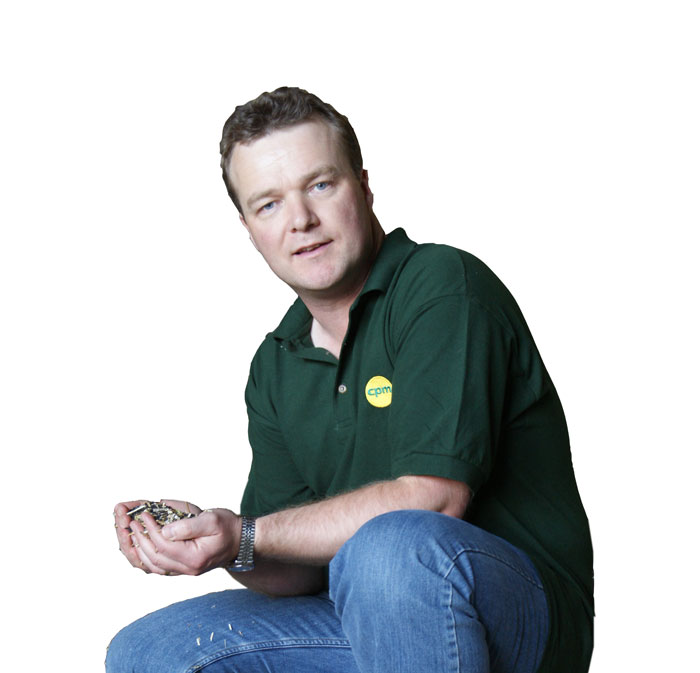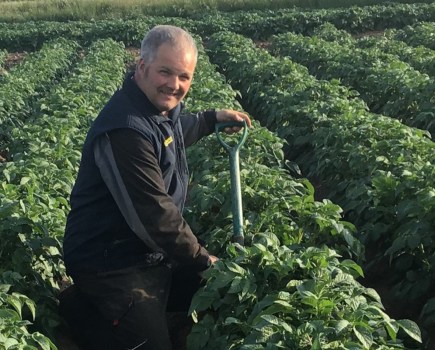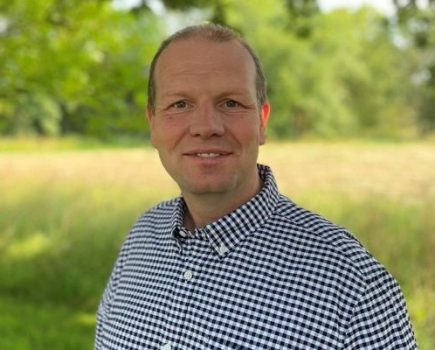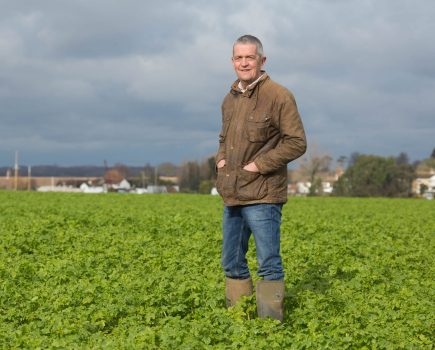If there’s one sight on an arable farm that says late autumn, it’s the spray haze of the Nov-applied pre-emergence herbicide as it catches the low autumn sun.
And it’s a sight I reckon will soon be consigned to the history books. A bit like smoking in public places, we’ll one day wonder how on earth we were allowed to release a mist of chemicals freely into the environment, when we only actually need a few drops to do the job of crop protection.
I think pesticides themselves have had their day, and we should be looking at how we can move on. As the editor of a publication that relies largely on agrochemical manufacturers for its income, that might be a bit of an odd direction to take, but there are couple of very good reasons why it makes sense.
The first is glyphosate. The decision by the EU parliament to renew its licence for five years came as a huge relief to the entire industry. What was telling, though, was how close we came to losing it.
Make no mistake: there is no safer pesticide, and there are plenty of substances society allows that are far more harmful. And it’s almost for those reasons that farming should prepare itself for life after glyphosate. Society clearly doesn’t care how safe science says it is. There is a very powerful movement calling for glyphosate to be removed from use, and the industry won’t quieten this cry by telling people it’s safe.
So what sparked the furore? It’s almost incredible it was down to a report by the International Agency for Research on Cancer (IARC) that suggested glyphosate was a probable carcinogen – it was such a benign, insignificant finding, that could easily have slipped by unnoticed. But it was latched onto by every over-monied NGO that has an axe to grind against GM crops. Even so, it should have ended there, but it didn’t. The call for glyphosate to be banned gathered momentum, and we’d be foolhardy to believe that there’s a very small, ill-informed or radical section of society behind it.
But if glyphosate does lose its approval in five years’ time, surely we’ll be faced with using chemistry that’s less safe? Well therein lies the rub: I think Society’s fed up with all pesticides, and unless we address its concerns, we could face the very real prospect of losing the entire chemical toolbox before we’ve figured out what’ll replace it.
What the glyphosate debate has also done very effectively is to hold a mirror up to the farming industry. Society has challenged us to ask how we would cope if just one pesticide was removed. It’s shown us how reliant we are on the chemical toolbox. So rather than Society being ill-informed, is it not Farming in thinking it was a good idea to build a farming system round one herbicide?
Before you wonder whether CPM has completely lost all its Christmas cheer, there is an upside to this pesticide perusal, and it’s the second strand of the discussion. The other reason why the spray haze is destined for the history books is that technology will come to our rescue.
For decades, it’s been the pursuit of the garage-based geek to craft tools that will spot a weed and spray it, or write an incredibly complex algorithm to perform some bizarre in-field task. We’ve looked on fondly, and probably a bit patronisingly, but never really believed this was the future of farming.
But when Bayer sidles up to Bosch and announces they’re looking into it, it’s time to take note. And when John Deere pays $300M for Blue River, a silicon-valley start-up that was once essentially one of those garage-based geeks, suddenly the future of agriculture takes an interesting turn. Ten years ago, whoever thought that drones and smartphones would do what they can today? What other left-of-field technology is just about to make its way into farming?
So maybe the demise of pesticides is not something to be feared, but embraced. Rather than fight against the tide of public opinion, we could enthuse it, and invite Society to be as excited as we are about tomorrow’s technologies (of which you’ll find a few in our LAMMA preview, by the way). What a privilege to be the very farmers who’ll play with these new toys and shape them for the next generation?
Although, even that has to be taken with care, as I learned when interviewed on BBC Farming Today recently – I effervesced about how smart technology exists that could cut pesticide usage to less than 5% of what we’re using today. Sharp as a knife, Anna Hill asked, “So farmers are using too much?” to which I replied: “No, not at all.” But actually, thinking about it, maybe we are.
Tom Allen-Stevens has a 170ha arable farm in Oxon, and doesn’t really think anyone at Blue River is a garage-based geek (but would like to interview you). @tomallenstevens




